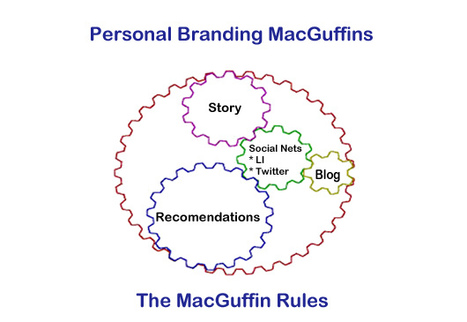
Scrum (software development) - Wikipedia
Scrum is an iterative and incremental agile software development framework for managing product development. It defines "a flexible, holistic product development strategy where a development team works as a unit to reach a common goal", challenges assumptions of the "traditional, sequential approach" to product development, and enables teams to self-organize by encouraging physical co-location or close online collaboration of all team members, as well as daily face-to-face communication among all team members and disciplines involved.
Scrum is an iterative and incremental agile software development framework for managing product development.[1][2] It defines "a flexible, holistic product development strategy where a development team works as a unit to reach a common goal",[3] challenges assumptions of the "traditional, sequential approach"[3] to product development, and enables teams to self-organize by encouraging physical co-location or close online collaboration of all team members, as well as daily face-to-face communication among all team members and disciplines involved.
A key principle of Scrum is its recognition that during product development, the customers can change their minds about what they want and need (often called requirements volatility[4]), and that unpredicted challenges cannot be easily addressed in a traditional predictive or planned manner. As such, Scrum adopts an evidence-based empirical approach—accepting that the problem cannot be fully understood or defined, focusing instead on maximizing the team's ability to deliver quickly, to respond to emerging requirements and to adapt to evolving technologies and changes in market conditions.
Learn more / En savoir plus / Mehr erfahren:
http://www.scoop.it/t/wordpress-annotum-for-education-science-journal-publishing
Via Gust MEES, Mark E. Deschaine, PhD



 Your new post is loading...
Your new post is loading...



![Why I Don't Like Scoopit Links on Twitter [+Scenttrail Comment] | #HR #RRHH Making love and making personal #branding #leadership | Scoop.it](https://img.scoop.it/0jOGI-xZjHycbocBgZ_llDl72eJkfbmt4t8yenImKBVvK0kTmF0xjctABnaLJIm9)












Learn more / En savoir plus / Mehr erfahren:
http://www.scoop.it/t/wordpress-annotum-for-education-science-journal-publishing